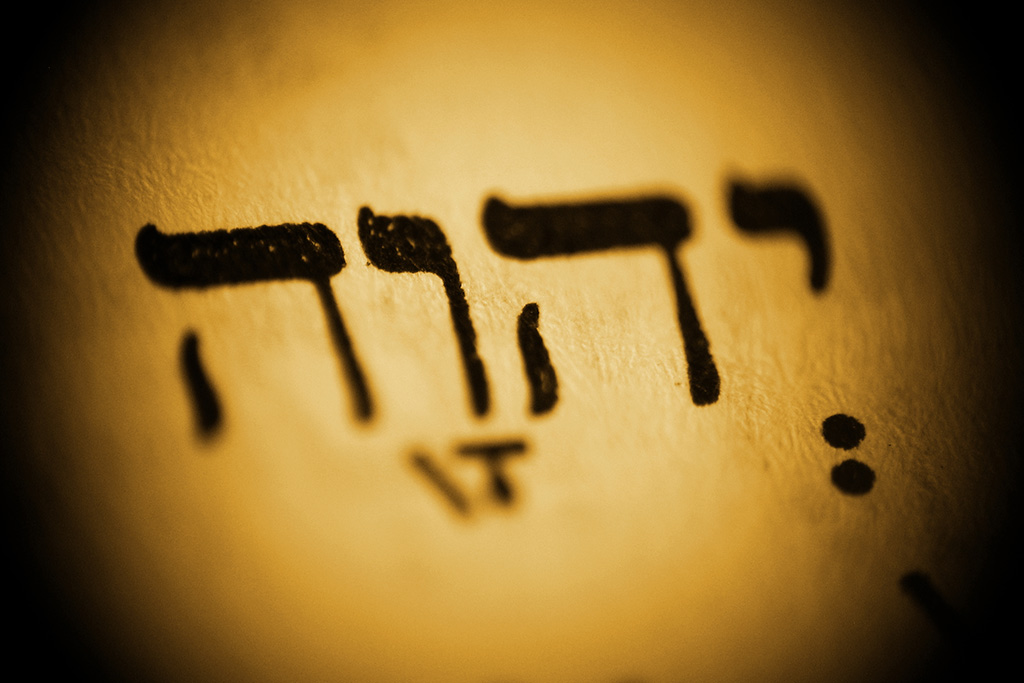
I AM WHO I AM
Moses said to God, “Suppose I go to the Israelites and say to them, ‘The God of your fathers has sent me to you,’ and they ask me, ‘What is his name?’ Then what shall I tell them?” God said to Moses, “I am who I am. This is what you are to say to the Israelites: ‘I AM has sent me to you.’” Exodus 3:13-14
When Moses asks God’s name (Exodus 3:14) so he can tell it to the Israelites, God replies, “I am who I am.” What kind of name is this? The Septuagint — the pre-Christian Greek translation of the Hebrew Old Testament — translates it as “I am the Existing One.” But the Hebrew may also be translated “I will be what/who I will be.” It is possible that God is rebuffing Moses by telling him in essence not to try to pin him down to one specific identity; he is so much greater than any name that he could give.
More likely, God is asserting any or all of the following truths: He is the eternal, the Creator, who is unchangeable and therefore always trustworthy. In verse 15, God shortens the Hebrew expression to the Tetragrammaton, the four consonants of the word YHWH. This is vocalized in contemporary English as Yahweh but translated as “the Lord” out of respect for the orthodox Jewish tradition that always substitutes the Hebrew Adonai [Lord] for the sacred name.
Why did Moses ask God’s name in the first place? Verse 13 says that he was anticipating that the Israelites might ask him what God’s name is. Names stood for individuals’ and deities’ identity, power and authority. Genesis and the opening chapters of Exodus used several names for God, including Yahweh, though this name has never been defined. Would one of these names encourage the Israelites that God could indeed lead them out of Egypt? Here was God’s answer. As Yahweh, he most certainly had the intention and the power to do so, and he would be faithful to his word to fulfill his promise.
Our Faithful God and Savior
I AM WHO I AM is the name by which God wished to be known and worshiped in Israel — the name that expressed his character as the dependable and faithful God who desires the full trust of his people.
And God said, “I will be with you. And this will be the sign to you that it is I who have sent you: When you have brought the people out of Egypt, you will worship God on this mountain.”
In John 8:58, Jesus applied the phrase to himself in so doing, he claimed to be God and risked being stoned for blasphemy:
“Very truly I tell you,” Jesus answered, “before Abraham was born, I am!” At this, they picked up stones to stone him.”
Jesus did not say, “I was,” but “I am,” expressing the eternity of his being and his oneness with the Father (John 1:1). With this climactic statement, Jesus concludes his speech that began with the related claim, “I am the light of the world.” Those who heard Jesus could not interpret his claim as other than blasphemy, for which stoning was the proper penalty (Leviticus 24:16). When Jesus declares, “I am,” there are only two possible responses. His enemies reached for a rock. Those who know him to be God’s Son from before the beginning of time, fall at his feet.
Content for this article was drawn from study material in the NIV Study Bible, Fully Revised Edition.

NIV Study Bible, Fully Revised Edition
The NIV Study Bible, Fully Revised Edition, gives you just the right amount of study helps exactly where you want them. The study Bible millions have come to trust is now fully updated, guiding your steps as you confidently venture into Scripture.
Learn More






The article is informative and insightfully to read the Bible with understanding .